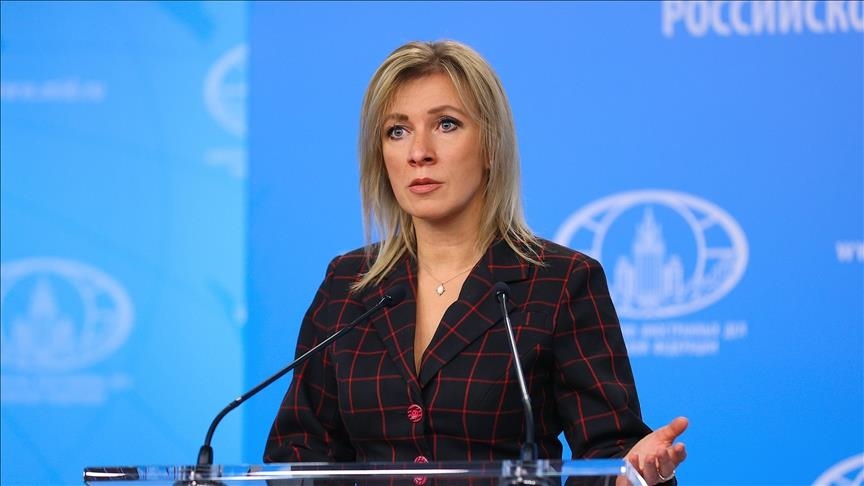Global Courant
In another effort to fight financial crimes, the Central Bank of Nigeria (CBN) recently released her Regulation customer survey 2023. These regulations apply to all financial institutions under CBN’s regulatory authority, marking a firm and determined approach to financial crimes.
The regulation requires financial institutions to establish internal protocols and practices to conduct customer due diligence measures on prospective and current customers, including occasional customers. This means that banks are required to identify customers, whether natural or legal persons, and collect essential information such as legal names, addresses, contact details, identification documents, account types, nature of banking relationships and signatures.
In addition, reviews of customer files will be carried out on a regular basis, taking into account their risk categorization. High risk, medium risk and low risk clients would have their records reviewed after 12 months, 18 months and three years respectively.
But an interesting aspect of the new regulation is the requirement for Nigerians to provide their social media handles. Under Section 6(IV) of the regulation, financial institutions subject to CBN regulatory oversight are now required to collect and authenticate customers’ social media handles as part of their Know Your Customer (KYC) procedures. This obligation applies to both individual customers and legal entities.
The advantages
The CBN’s inclusion of digital footprints in regulation reflects its commitment to empowering financial institutions to gain a comprehensive understanding of their customers, leading to improved due diligence and risk management. According to the regulatory document, by obtaining this additional information, financial institutions can gain valuable insights into customers’ online presence and activities, enabling a better assessment of potential risks related to money laundering, terrorist financing and the financing of proliferation.
Social media platforms can provide valuable information about customers’ financial behavior, social connections and lifestyle preferences. This information can assist financial institutions in validating the legitimacy of customer identities and identifying potential suspicious activity. Although the new regulation seems favorable at first sight, there are valid concerns about the policy.
Digital footprint on a controversial path
The CBN says the social media information will be used along with other KYC data such as legal names, addresses, contact details and identification documents to create a comprehensive profile of the customer. There really are already plenty of KYC requirements for clients in Nigeria, including birth certificate, NIN, driver’s license, international passport, BVN, and phone registration, and the addition of a social media account doesn’t necessarily make the verification process any more credible. And this is largely because social media platforms themselves have inherent flaws, as people often use pseudonyms or create anonymous accounts, making it challenging to verify the authenticity of the data collected.
Moreover, it is important to consider that the reach of social media in Nigeria is not all-encompassing. Despite a significant increase in social media use, particularly among young people, data indicates that only a small portion of the country’s population. Nigeria was home to 31.60 million social media users in January 2023, which amounts to approximately 14.3 percent of the total population. This means that a significant part of the population would be excluded.
Also of great importance is the prevailing concern over the regulation, which revolves around its potential for nurturing tendencies towards political censorship. Over the past decade, social media has firmly established itself as an indispensable part of Nigerian society and serves as a crucial platform for political discussions, activism and awareness raising on various issues. So it is not surprising that many Nigerians have turned to social media platforms such as Twitter as a means of scrutinizing governance and advocating for accountability, often resulting in public criticism of government officials. However, it is important to note that while freedom of expression is allowed, the security of freedom after expressing oneself is not always guaranteed.
The End SARS protest serves as an example, where several influencers supporters of the protest had their bank accounts frozen, only to have them thaw weeks or even months later. Given such cases, it is not unfounded to raise legitimate concerns that the new regulation may be motivated by an intent to impose censorship. This could have a draconian effect on Nigerians’ effective enjoyment of their right to freedom of expression and privacy online.
At this point, it remains unclear how banks will obtain customers’ social media data. But before clearly stating it, it is crucial to thoroughly assess the potential impact of this regulation. This assessment should prioritize upholding the principles of freedom of expression and ensuring that the Regulation does not unduly impede citizens’ ability to engage in constructive dialogue, hold positions of power accountable or promote the inclusion of more individuals in the financial sector.








